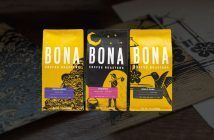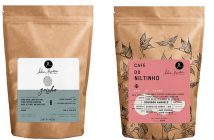Actress, dancer, English teacher, barista, roaster, entrepreneur, upper-class twits’ diva, Cuban cigars lover, airplane pilot ….
After all, who is Isabela Raposeiras? Translating her meaning is not the easiest task.
And who better than her to represent the hardships of a women’s life in a universe as masculine as that of special coffees? Especially in Brazil.
In March, when we celebrate International Women’s Day, Grão Especial chooses a professional to represent all Brazilian women who live and work with specialty coffees.
Everyone knows how important the coffee in the colonization of Brazil was. It was the coffee that gave significative importance to Brazil and highlighted it on the world economy map. And it was because of coffee that the country was the last in the world to abolish slavery. A Karma that is not easy to accept.
Many Brazilians also played very important roles in the coffee culture. But none has achieved such a great international acknowledgement.
The famous Norwegian barista and roaster, Tim Wendelboe, is a close friend and admirer of Isabela’s work. The New York Times columnist, Oliver Strand, has her as a reference, when it comes to Brazilian special coffees, and whenever he comes to São Paulo, he visits her at the Coffee Lab in Pinheiros, SP.
She is really famous among her Brazilian colleagues; the vast majority recognize her importance and pioneering spirit.
Thanks to her and Coffee Lab, we saw the flourishing of countless coffee shops and new roasters and baristas filling positions at these new coffee establishments.
The coffee producer and roaster Mariano Martins, from Martins Cafés is one of them. “Early in my career, she had the generosity to give me several contacts abroad to sell my coffees. Without her detachment, at that moment, I would not have been able to overcome such a difficult moment”, he confided (check Mariano Martins’ full article here)
Another important professional who recognizes her importance is the owner of Clemente Café, in Vila Mariana, Tatiana… Thanks to her, I discovered the specialty coffees and to have the famous little white package I literally crossed the city”, she says.
And the queue keeps on growing. Plenty new coffee shops that have appeared in Brazil since then are Isabela’s pupils. Today, her Coffee Lab remains a great reference.
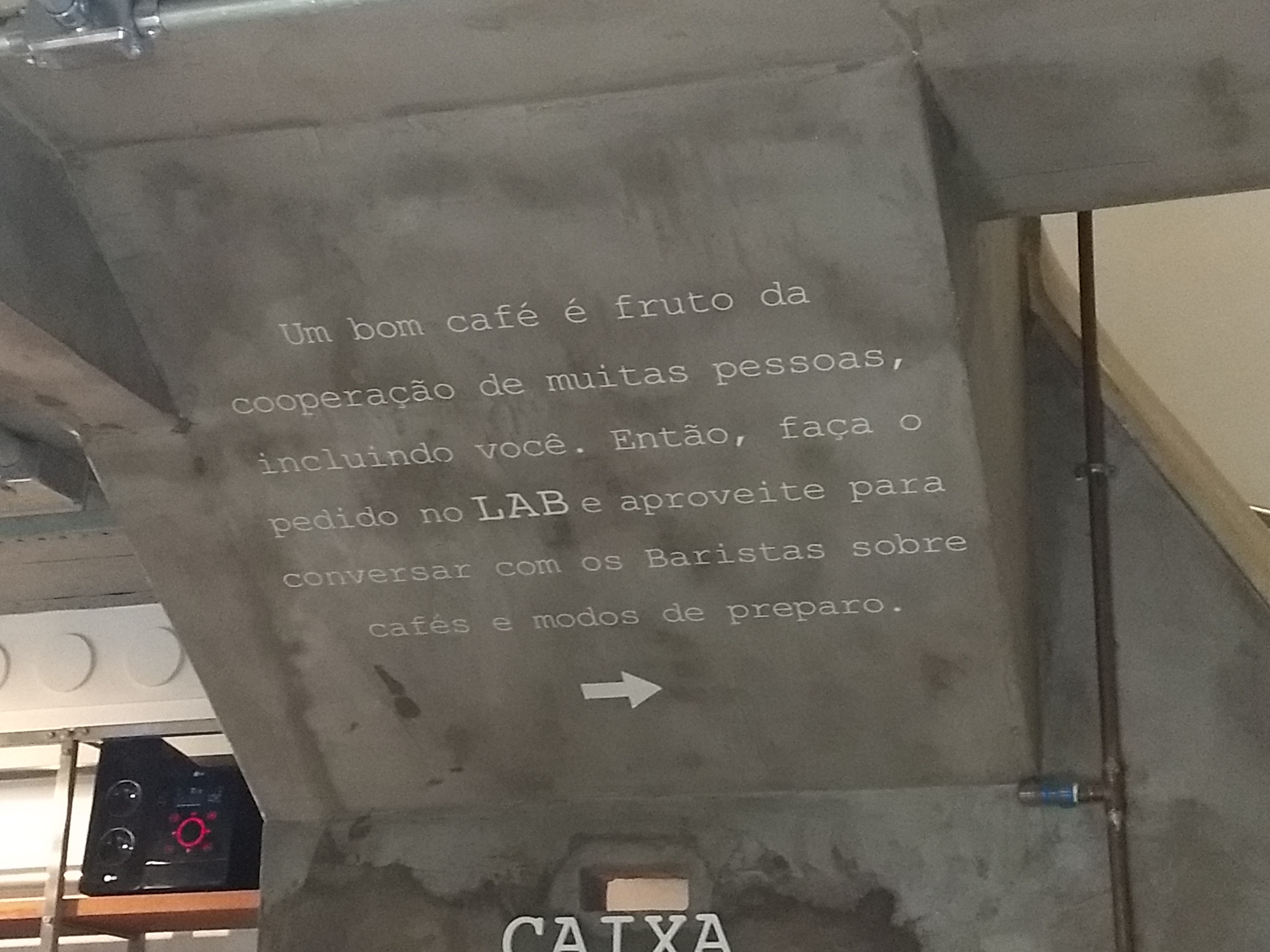
(Coffee Lab’s teaching proposal: a laboratory where you learn everything about specialty coffees)
How it all began
Daughter of coffee farmers, her mother was born on a coffee farm in Botucatu, in the São Paulo’s countryside. Isabela was born in 1974 in Rio de Janeiro, was raised in Brasilia, Porto Alegre… “I have lived in more than 45 addresses throughout my whole life, in five states and three different regions, just to get the idea of how errant my life was. The Raposeiras family is restless, its members cannot live quietly in a single place”, she confided. Before discovering coffee, she had already tried acting, dancing, and teaching English.
She has a psychology degree, she started her course at PUC in Rio Grande do Sul, transferred to the same teaching institution in Rio and was only able to finish her course in São Paulo. “I went to college in two different periods of my life. The first one, I had not even had contact with the specialty coffees yet”, she recalls.
“I taught English classes in order to pay my college education, when a friend, Heloísa Galves, from the Alémdalenda and Terra Madre stores, who became famous for selling gnome-faced dolls (anyone under 30 will not remember, but it went viral!), called me to make some cafes in their decoration stores. At first, I did not want to, my stepfather and my mother had a restaurant, this backstage has been my story since I was 13, but Heloísa convinced me”, she recalls.
“I needed money, my family had gone bankrupt and when I started. I lived in a tenement with rats crawling everywhere, near the Congonhas airport”. She accepted this position and from this work, had contact for the first time with the specialty coffees, through the Ipanema Coffees.
“Heloísa had a very strong depression and died at 44 years of a drug overdose. She was my English student, we became very friendly”, she emotionally recalls.
By pure coincidence, she liked the specialty coffees so much that she was hired by Ipanema. “My assignment was to manage their first store in São Paulo, situated in the Brooklyn district. There she began to realize that the roast played a fundamental role. “Every lot came in a different way from the other and I could not believe it, I thought it was another coffee”, she says.
At that time, BSCA organized the first Brazilian Barista Championship and, as they were sponsors of the World Cup, they were pressured by the organization to send a Brazilian representative. “They called a Norwegian barista to teach a course and select the competitors. “He convinced me to compete, I did not want it at all. The result is that I won the championship and went to Oslo for the World Cup”, she says. She got the 15th place.
On her return, she suffered sexual harassment and decided to follow other paths. “To this day, with a career of 18 years, I still see these things happen”, she laments.
She left the market for a while and worked in consulting psychology in several multinational companies. But not for long: she returned to train another new barista, Silvia Magalhães, to participate in the second Brazilian Barista Championship.
At the same time, while simultaneously working with consulting psychology and coffee, she got an excellent contract with Banco Real, currently Grupo Santander, which was engaged in the launch of the Van Gogh branches throughout Brazil. For two weeks she and her small team acted as baristas at the opening parties of the agencies. “It was a huge event, I had to start a company. In 2004 I opened the school in Campo Belo. For this purpose, I rented a property whose front was used as a school and we lived in the small house in the back”, she says,
“I opened the first unit of my schools in 2004, in the Campo Belo district. In 2009, I opened the Coffee Lab but it was in another place, at the Cônego Eugênio Leite street”, she recalls.
But the coffee was not yet her full-time job. After suffering a setback in a big project partnership, and have gone bankrupt once again, she risked her last pennies, R$ 23 thousand – she took her passport and went to Denmark and Norway to study the roast process. Her friendship with Tim Wendelboe comes from that time. “I invested the little money that I had in training. I chose the area, which I liked the most, the roast, and I chose the best ones to train me: Tim and the Coffee Collective folks”, she says. “I came back totally broke but with the Coffee Lab project on my head”,she recalls.
“I got money from my stepfather who found my project beautiful”, she recalls. The partnership was not everlasting, Isabela was forced to sell her apartment to finish the Coffee Lab project. “It started small, there at the Cônego Eugênio Leite street, Jardins district, and in less than a year later we moved here. The rest of the money left over from the apartment sale, I invested in the house renovation”, she says.
Gradually, she began to pay her bills and, after three years, the return on investment final had come.
The company grew, and recently, Isabela sold to Martins Cafés Especiais all of its food services operation, which encompassed her restaurants and coffee shops portfolio, those establishments where she offered roasting services.
Today, Coffee Lab is fully consolidated, employing 25 people and Isabela can dedicate herself only to the school and the cafeteria. “Two years ago, I had to restructure Coffee Lab because the business was crumbling. I delegated too much and could not supervise it. When I saw it, the foundations were shaking, the situation was critical. There, there was no way, I assumed everything. I changed every single thing from a screw to financial department. It was two years of pure nightmare, the organizational climate sucked,” she confided.
Hiring transsexuals
“We’ve never been better than we are right now: the work climate has become nice, no one wants to leave their position”, she believes. In the week that Grão Especial interviewed Isabela, the Coffee Lab had just hired four transsexuals, two women and two men, through a group that helps transsexuals in searching for formal employment. “We started a recruitment process and they showed this hipster crowd of specialty coffees how the work is really done. They are more prepared and have a very different vision of the regular Millennials”, she prophesies.
The idea was to train our new collaborators and, after that, put them in the forefront serving our clients. “I do not mean to hide them in the office. If there is discrimination with our collaborators, the customer will be asked to leave, it will not be welcome at the Coffee Lab”, she says.
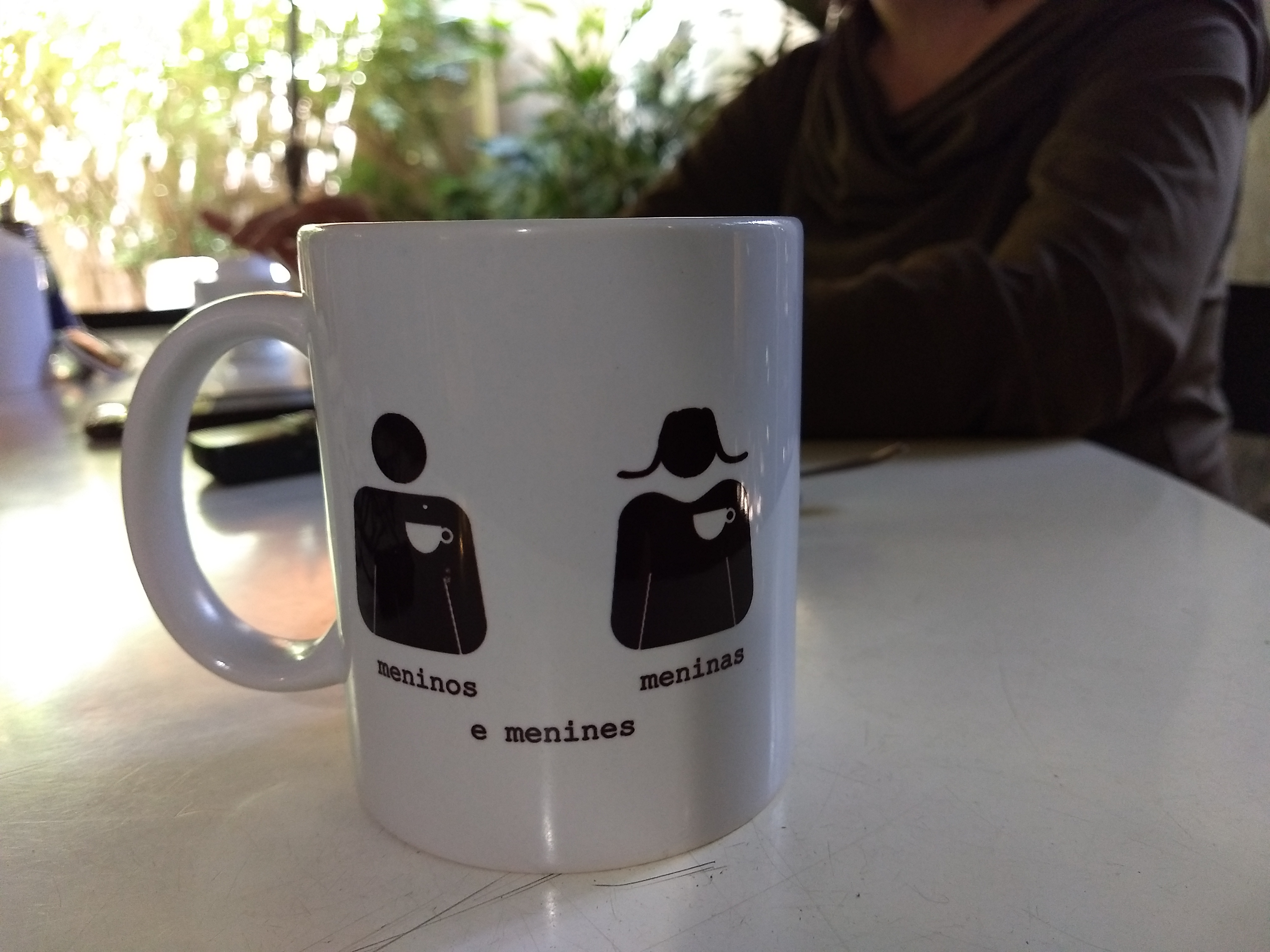
(meninos, meninas e menines: Coffee Lab’s a place for all!)
Coffee subscription
Among her short-term plans are the launch in March of a specialty coffees subscription on the internet. “The customer chooses the specialty coffee that it enjoys and receives the product in a monthly basis”, she says.
Let’s talk about AAA Brazilian specialty coffees?
One of Isabela’s pride is to only work with micro-lots above 85 points on the SCA scale. It is she who does searches for the specialty coffees and confesses that she prefers to keep the same producers than looking for different ones every year. “We get a lot of samples, we’re very wanted because we pay well. I am an unconditional fan of the Brazilian specialty coffees produced in Serra do Caparaó. For me, it’s the best coffee in the country. We always buy from two producers there, Joselino Meneguete, from the sítio rancho Dantas in Brejetubas, and Genildo Beninca from the sítio Córrego da Prata in Castelo, Espírito Santo. They were giving up coffee when I first met them. They were selling their coffees at R$ 300.00 a bag. In fact, I’ve already increased their price four times. I also work with Rodrigo Marzocco who makes wonderful coffees”, she says.
“They produce coffees in Espírito Santo that may compete equally with the rest of the world, maybe not with a Gueisha washed coffee from the La Esmeralda farm in Panama. But they have wonderful coffees”, she states. Isabela firmly believes that Brazil must work hard to show to the international market for specialty coffees that we have wonderful products capable of competing with the best in the world. “But the foreigners do not know that. The universe outside only sees the scenario of Brazil’s specialty coffees as if there were only these rich, idiot and obsolete coffee farmers. Or they see as producer of commodity coffee or the rich coffee farmer”, she says.
“The way is to tell the world that our practices of producing specialty coffees treat the environment and the human being better than most producing countries. Nobody talks about it. The moral issue is: Is it okay to buy specialty Kenyan coffee? Do you feel good buying coffee there? Is it all right for the producer from Kenya to be very poor and the one from Brazil is not?
Foreigners need to know and understand that in Brazil, we have strong laws and they are enforced. We defend much more the environment and the social chain than the other countries, why they defend the greater cost of a Colombian coffee or of an African coffee, is it because of the production? Ours should be more expensive because of our production cost, which is infinitely higher.
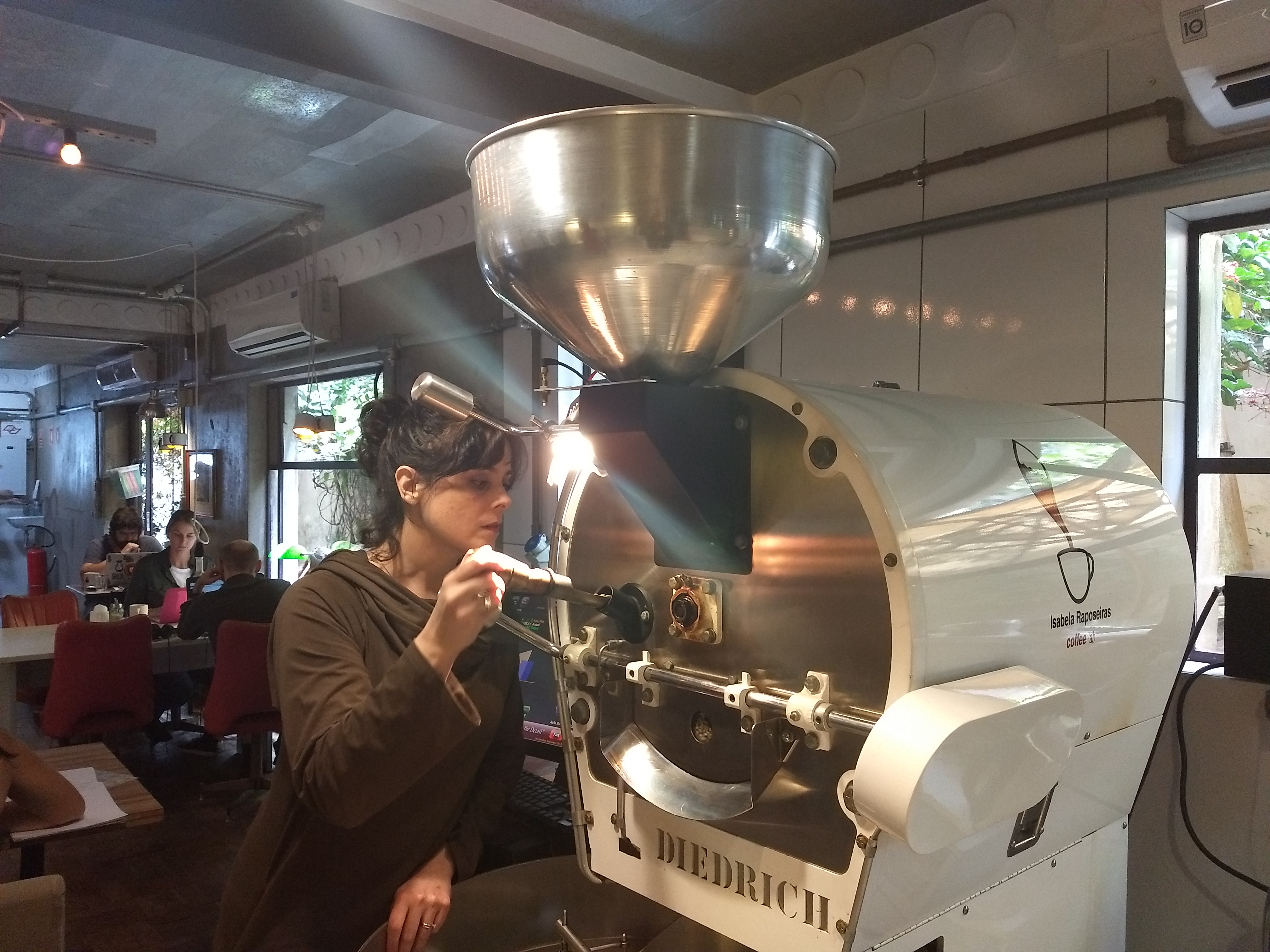
(Raposeiras confesses that she wants to work with specialty coffees from Bahia and Pernambuco, but the samples that arrived did not pass through her assessment)
The specialty coffee market in Brazil
Raposeiras believes that the specialty coffee market in Brazil will grow a lot in the next ten years. “Brazil’s specialty coffees are not a passing trend. For a long time, its internal consumption will grow in geometric progression, that’s good. Our coffees are still cheap, we expect China to start to consume it, and coffee will start to become scarce too because of climate change. Thus, the coffee will be much more expensive”, she prophesies.
New ideas
“Still in 2018, I will hold an open event to call the foreign professionals to come and chat with us. I want them to give us advice, to tell us what we need to get there. We need to listen to these guys, because they know more than we do, they deal with other countries, they have other visions. Few foreigners are buying specialty coffees from Brazil, they prefer specialty coffees from other parts of the world, use ours only for the blend.
Tim Wendelboe, who raised the Brazilian specialty coffees flag so many times, is also giving up here, we did not care about him. We work poorly over here, we have to lower our expectative, otherwise the foreigners will continue seeing us only as a commodity coffee producer. At the Olympics opening ceremony our coffee did not show up, how is it possible? We are the biggest producers in the world. I would very much like the people there to have a less distorted vision on the things happening in Brazil, especially as it relates to the specialty coffees universe and that we over here studied the subject more emphatically”, she vents
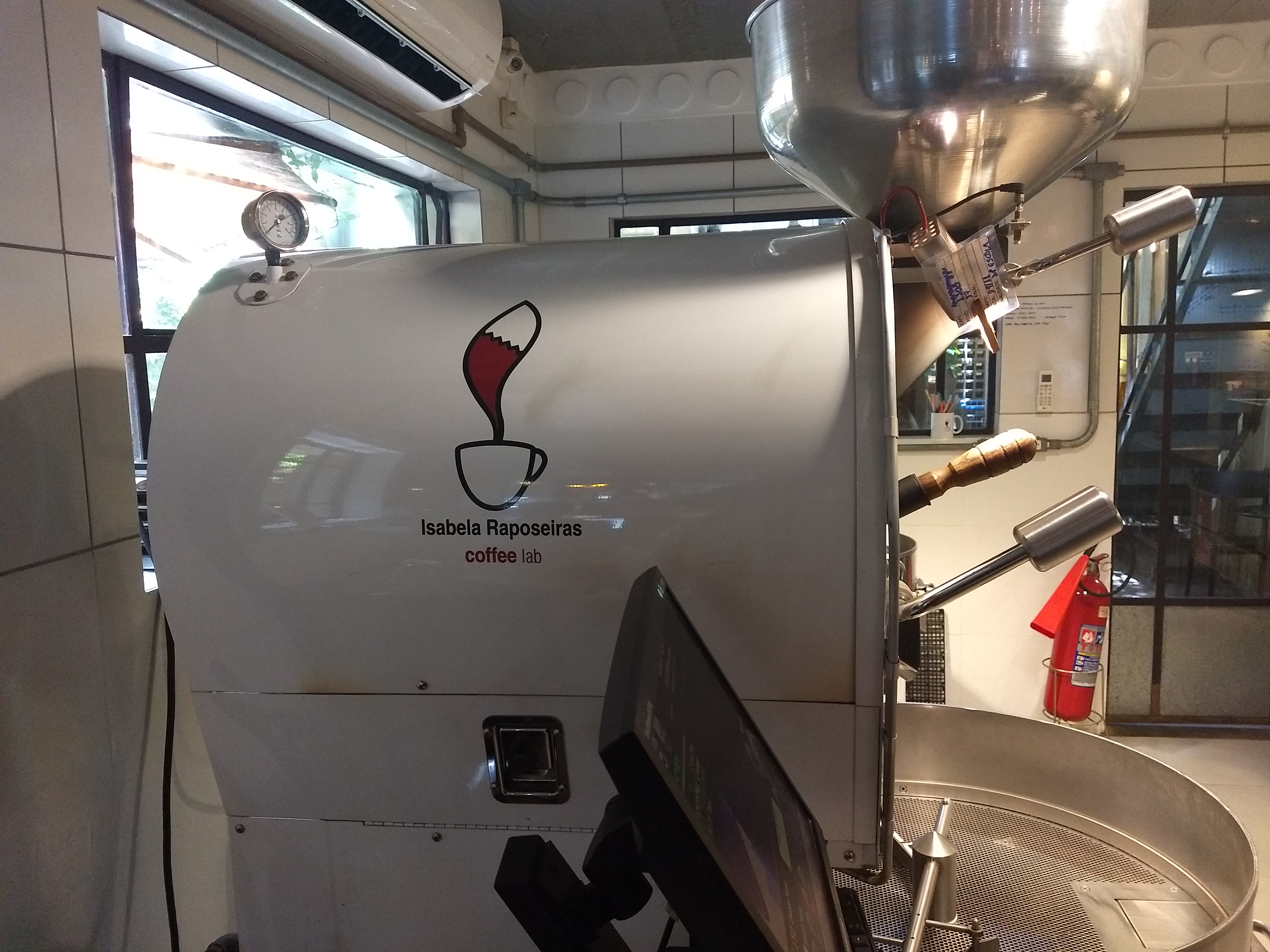
(Plan B – “I feel like opening a Coffee Lab outside the country, I wished to do that, I do not know where or when. We already had the opportunity to open in Dubai, in London, but I was afraid.”)
Coffee Lab’s Quality Contest
Still in 2018, she intends to promote a quality contest for Coffee Lab’s coffees. “We will award the winner, who do not have to be a member of any association”, she says.
The lack of self-criticism of our work
“The Brazilian has a poor performance in the world barista championships because we do not study. We lack of discipline. Since the presentation at world championship does not involve just coffee, if we have an amazing coffee coupled with a sensational performance, we can. But we lack self-criticism, we are an overprotective people, we criticize little. Brazilian producers try their coffees without the necessary criticism. Why do you only see Asian in the end of the contest? It is because they are disciplined, hardworking”, she sums up.
“In the International Coffee Week, held last year, the best roasters in the world were here and there were no Brazilian professionals listening to the guys. The only one that showed up was Juliana Ganan, from Bica Café. We need to study more, taste more coffees. We are arrogant, an arrogant nation. We need to have parameters, if we want to achieve the level of rest of the world producers”, she concludes.
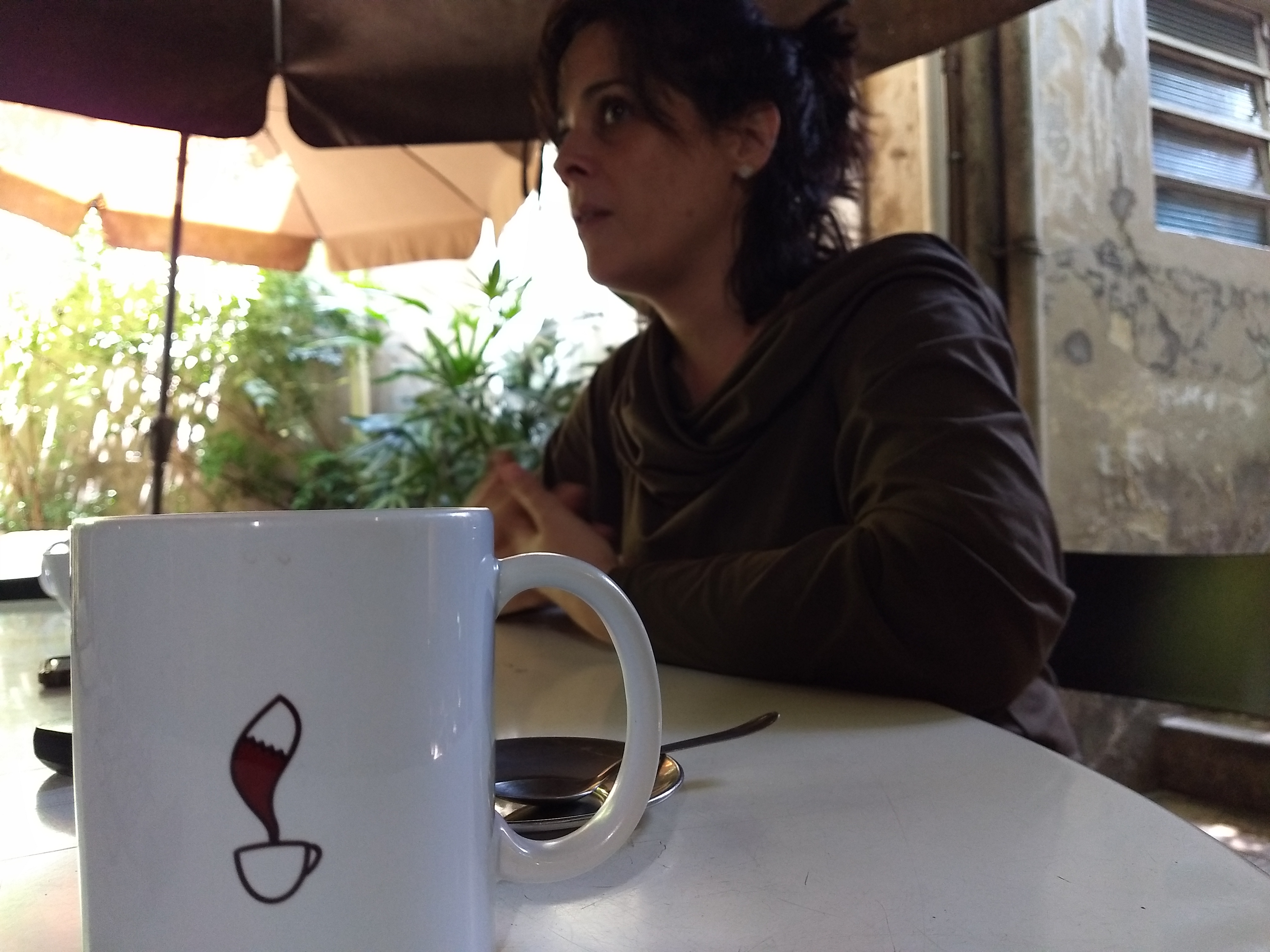
(Passions – In addition to the specialty coffees, Isabela is passionate about cigars, Formula 1 and planes. Despite the fear of height, she has a partnership with her ex-husband a small airplane, a Teco-Teco according to herself)
As you can see, Isabela Raposeiras is no ordinary woman.
Who inspires Isabela Raposeiras:
- Coffee Collective (micro roaster and coffee shop in Copenhagen, Denmark)
- Tim Wendelboe
- Peter Giuliano
- Trish Rothgerb (CQI’s director and one of the best coffee tasters according to Raposeiras)
- Wrecking Ball Coffee Roaster
- James Freeman- Blue Bottle
- Tatiana Peebles- Yaguare Café
- Oliver Strand- New York Times columnist
- Mariano Martins
- Silvio Leite
- Traditional Trade Company
- FAF’s crew (Fazenda Ambiental Fortaleza)
- Thousands of coffee producers in Brazil
In the gastronomy industry:
-
Jefferson Rueda – Casa do Porco
-
Mara Salles – Tordesilhas
-
René Redzepi – chef dinamarquês do restaurante Noma

